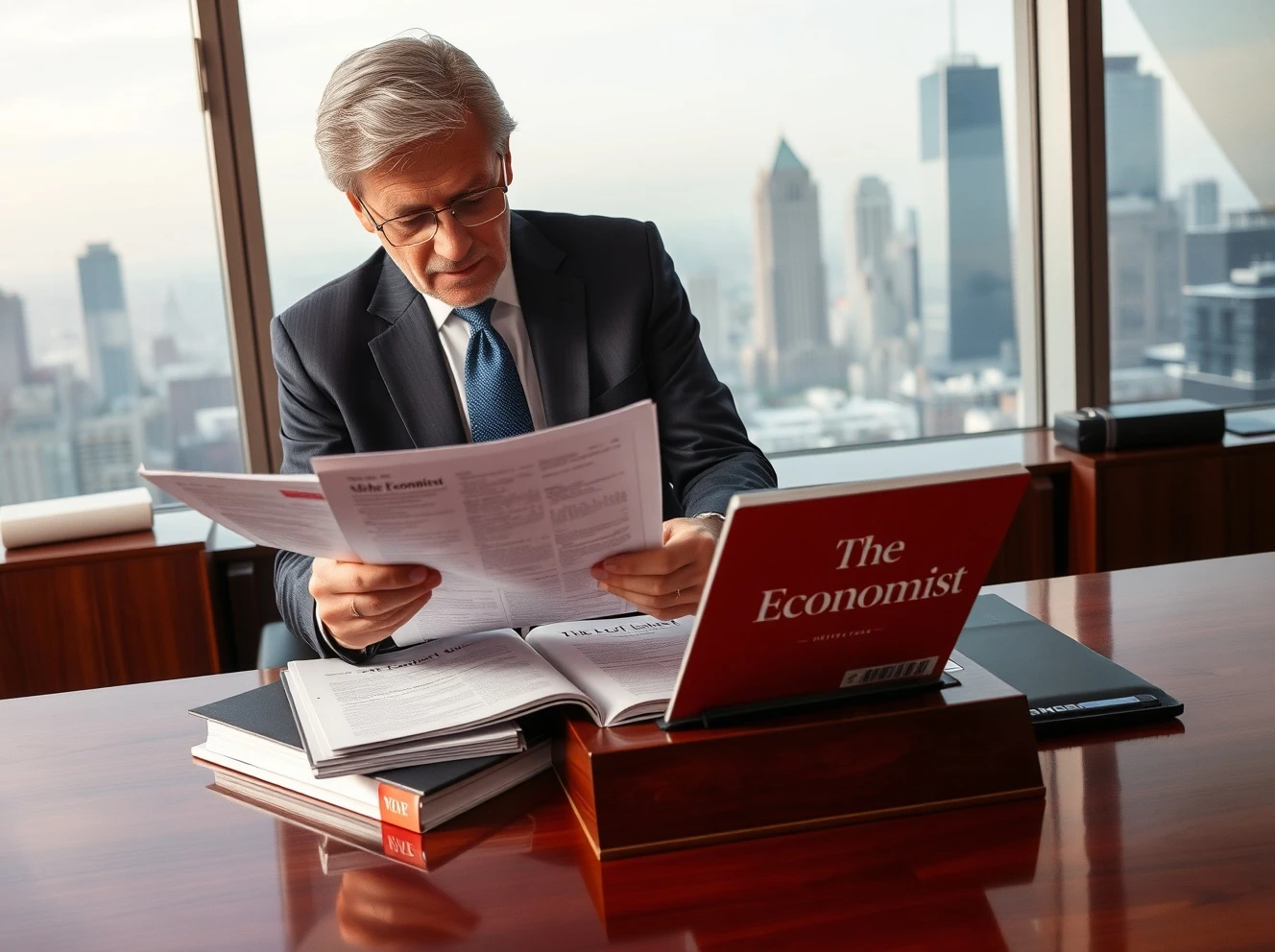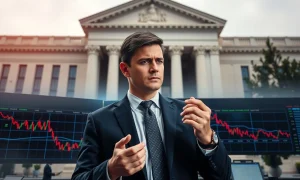In a landmark development for global media, Lynn Forester de Rothschild has initiated the biggest ownership shake-up at The Economist in over a decade, putting her £400 million stake up for sale. This move potentially reshapes one of the world’s most influential business publications.
Historic Economist Ownership Shake-Up Begins
Lynn Forester de Rothschild, 71, has appointed investment bank Lazard to oversee the sale of her 20% voting stake. Consequently, this transaction represents the most significant ownership change since Pearson’s major divestment in 2015. The British-American financier’s decision marks a pivotal moment for the 182-year-old publication.
Valuation and Strategic Implications
The stake could fetch approximately £400 million based on current valuations. Importantly, industry experts suggest potential buyers will likely include:
- High-net-worth individuals seeking prestige assets
- Family offices valuing long-term holdings
- Strategic investors attracted to media influence
Moreover, The Economist is widely considered a trophy asset rather than a quick-return investment vehicle.
Complex Share Structure Considerations
The sale must navigate The Economist’s unique ownership framework designed to protect editorial independence. Specifically, the share structure includes:
| Share Type | Control | Purpose |
|---|---|---|
| Ordinary Shares | Various holders | Financial investment |
| ‘A’ Special Shares | 100+ holders | Voting rights |
| ‘B’ Special Shares | Exor (Agnelli) | Board influence |
| Trust Shares | Independent trustees | Editorial protection |
Critically, no single entity can control more than 50% of voting rights without trustee approval.
Financial Performance and Market Position
The Economist Group demonstrated strong performance last year with £369 million revenue and £48.1 million operating profit. Additionally, subscriptions grew 3% to 1.25 million, while digital-only customers increased 8%. The publication maintains exceptional influence in global business and political circles.
Rothschild’s Legacy and Future Impact
Forester de Rothschild inherited and expanded her late husband’s holdings through EL Rothschild. Her decision forms part of a broader strategic review involving The Eranda Foundation. Ultimately, this ownership transition could redefine power dynamics at one of journalism’s most respected institutions.
FAQs
What percentage of The Economist is being sold?
Lynn Forester de Rothschild is selling her 20% voting stake in the publication.
How much is the stake worth?
The stake is valued at approximately £400 million based on current market valuations.
Who are potential buyers?
Likely purchasers include high-net-worth individuals, family offices, and strategic investors seeking prestige assets.
How will editorial independence be protected?
The Economist’s unique share structure with independent trustees ensures continued editorial freedom throughout ownership changes.
When was the last major ownership change?
The last significant ownership shift occurred in 2015 when Pearson sold most of its 50% holding.
What is The Economist’s current financial performance?
The group reported £369 million revenue and £48.1 million operating profit last year with growing digital subscriptions.








